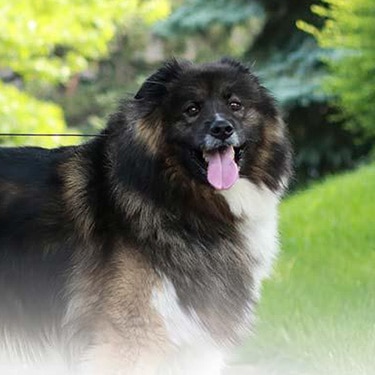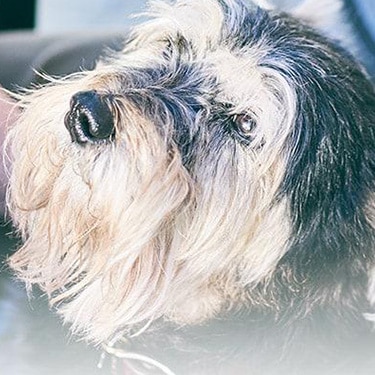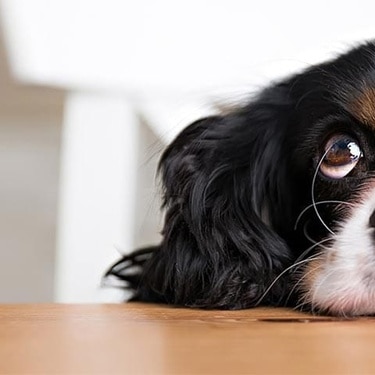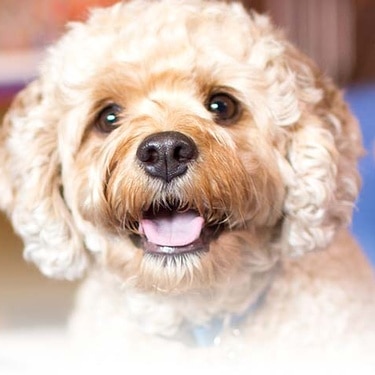
-
Find the right food for your petTake this quiz to see which food may be the best for your furry friend.Find the right food for your petTake this quiz to see which food may be the best for your furry friend.Health CategoryFeatured products
 Hill's Science Diet Adult Healthy Mobility Large Breed Chicken Meal, Barley & Brown Rice Recipe Dog Food
Hill's Science Diet Adult Healthy Mobility Large Breed Chicken Meal, Barley & Brown Rice Recipe Dog FoodAdvanced nutrition shown to support joint health and improve mobility
Shop Now Adult Light Large Breed Chicken Meal & Barley Recipe Dog Food
Adult Light Large Breed Chicken Meal & Barley Recipe Dog FoodFewer calories for less active large breed dogs
Shop Now Adult Large Breed Chicken & Barley Recipe Dog Food
Adult Large Breed Chicken & Barley Recipe Dog FoodSupports healthy joints, lean muscle, and beautiful coat for large breed dogs
Shop NowFeatured products Kitten Healthy Cuisine Tender Chicken & Rice Medley
Kitten Healthy Cuisine Tender Chicken & Rice MedleyDelicious tender chicken and rice in a mouthwatering sauce with precisely balanced nutrition to support 5 essential building blocks for lifelong health
Shop Now Adult Oral Care Chicken & Brown Rice Recipe Cat Food
Adult Oral Care Chicken & Brown Rice Recipe Cat FoodClinically proven kibble technology to reduce plaque & tartar build-up
Shop Now Adult Perfect Digestion Chicken, Barley & Whole Oats Recipe Cat Food
Adult Perfect Digestion Chicken, Barley & Whole Oats Recipe Cat FoodHill's Science Diet's breakthrough nutrition supports ultimate digestive well-being & healthy microbiome
Shop Now -
DogCat
- Cat Tips & Articles
-
Health Category
- Weight
- Skin & Food Sensitivities
- Urinary
- Digestive
- Kidney
- Dental
- Serious Illness
-
Life Stage
- Kitten Nutrition
- Adult Nutrition
Featured articles Cat vs. Dog: Which Is the Best Pet for Me?
Cat vs. Dog: Which Is the Best Pet for Me?Learn about important differences between dogs and cats, such as cost & space considerations. These factors can help you decide which pet is best for you.
Read More Adopting a Pet: What You Need to Know
Adopting a Pet: What You Need to KnowLearn the basics of adopting a pet, including where to begin and common questions you should ask yourself when deciding which kind of pet is best for you.
Read More Fun Ideas for Kids and Pets This Summer
Fun Ideas for Kids and Pets This SummerOutdoor summer activities with your dog or cat can be fun for kids, too. Learn how they also teach kids responsibility & creates a bond with their pet.
Read More -


Grooming your puppy and bringing you closer
All puppies should be groomed daily, and not merely to improve skin and coat condition. Grooming helps to teach your puppy to accept being handled; it also enhances the bond between the two of you. And regular handling will allow you to get to know your puppy's body. This can be particularly useful as it can help you to detect any health problems in the early months of your puppy's life.
Get going with grooming
Grooming your puppy should be carried out every day, whatever the length of coat. Most dogs enjoy being groomed and stroked, especially if started early.
With your puppy's own special brush, start grooming for short sessions, just sufficient to touch them once over the whole body. Gradually lengthen the sessions, and when your dog accepts what you're doing and has stood still for a while, stop and give a reward. This could be a walk, a game or a meal; it'll help to make your puppy realise that standing still brings rewards, which makes grooming easier and more enjoyable for both of you.
Tabletop grooming: If you occasionally groom your puppy on a table, they'll get used to that position, which could be useful when you visit the vet or a groomer.
Sensitive areas: Your puppy's head area is very sensitive, so be extra gentle when you're brushing there. And if you notice any discharge from ears or eyes, consult your vet.
If your puppy starts to wriggle, hold firmly with both hands until they stop. Talk to your puppy and praise whenever still.


Tasty Tips
Keeping your puppy trim
You might want to trim your puppy's coat now and again, particularly the hair around eyes, ears and feet. This is something you could be perfectly capable of doing yourself, but if your breed needs a special haircut or trim to keep them looking their best, get advice from a professional dog groomer.
Nails: Your puppy's nails need to be checked regularly and kept properly trimmed, to prevent nasty snagging and painful tearing accidents. Again, this is something you might feel able to do, but if you're not quite confident enough, your vet or a professional groomer will do it for you.
If you do decide to cut your puppy's nails yourself, take care not to cut them too short. The top of a dog's nail is sensitive, and can bleed or become painful.
Your puppy's bath time
The bathing products available for dogs today are almost as numerous as those for humans, and they're much better suited to a dog's skin type than human shampoos. So choose a special dog shampoo that's best suited to your puppy's hair type. (Long-haired breeds are more likely to become matted and get dirtier more quickly and more often, and will require frequent bathing.) Take care not to get any soap in your puppy's eyes.
Safe bathing: If you buy a non-slip rubber mat and place it on the bottom of the bath, your puppy is a lot less likely to suffer slips and falls, and it will give them confidence during bath time.
Should you consider a groomer?
Most of the time, with most dogs, you can carry out the grooming yourself - it's an enjoyable experience that brings you and your pet closer together and you'll be happy to make time for it.
But if your puppy is going to grow into an adult with a long coat, they’re going to need more maintenance so haircuts and trims might be best carried out by a professional groomer. Obviously, you'll want a groomer who's going to make the grooming enjoyable for your puppy. You'll also want to enquire about their experience and training, and perhaps see other dogs that have been groomed by them.
If you're interested in a professional groomer for your puppy, your vet will be able to advise you and make some recommendations.


One of our staff authors prepared this article for you
Related products

Supports healthy joints, lean muscle, and beautiful coat for large breed dogs

Fewer calories for less active dogs

Fewer calories for less active large breed dogs

Advanced nutrition shown to support joint health and improve mobility
Related articles

A little exercise can make a big difference. Not only will it enhance your pet’s health, but it will beef up your relationship as well.

Though it may seem like your four-legged friend loves nothing more than to nap on the couch, dogs need regular exercise to stay healthy just like people do.

Learn how to stop your dog from begging at the dinner table, and understand how it can help contribute to his health.

Learn about choosing the right dog food to help ensure your mature older dog will receive the correct balance of nutrition.

Put your dog on a diet without them knowing
Our low calorie formula helps you control your dog's weight. It's packed with high-quality protein for building lean muscles, and made with purposeful ingredients for a flavorful, nutritious meal. Clinically proven antioxidants, Vitamin C+E, help promote a healthy immune system.
Put your dog on a diet without them knowing
Our low calorie formula helps you control your dog's weight. It's packed with high-quality protein for building lean muscles, and made with purposeful ingredients for a flavorful, nutritious meal. Clinically proven antioxidants, Vitamin C+E, help promote a healthy immune system.

